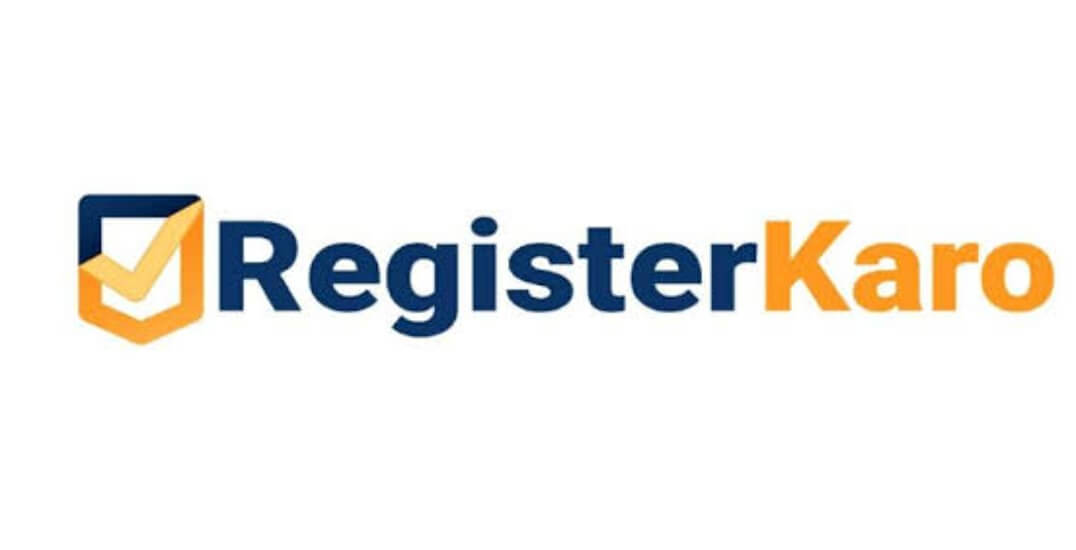It is always fantastic to start a business, and the journey can sometimes be quite daunting legally. The registration process looks relatively complicated for those planning to start a partnership firm. Fortunately the simpler registration process due to the assistance of platforms such as Registerkaro may assist beginners to fast track the registration and make sure all the right boxes are ticked.
What is a Partnership Firm?
A partnership firm is a business formation where two or more people agree to share profits, losses and risks for carrying on a business with reference to a particular venture. The understanding of the partners is most often taken down in a legal document that is called the partnership deed; details such as the division of profits, contribution and how the business will be managed are outlined here. Actually, this structure is typical for Indians who plan to start a business with one or more people.
Why Register Your Partnership Firm?
The partnership firm registration is not compulsory under Indian law can be understood from the above discussion but yes it has its own benefits of getting registered. That partnership firm gets many privileges which an unregistered firm cannot avail when the partnership is registered. These include:
- Legal protection: General partners in a registered firm are allowed to sue each other as well as the firm in case of any disagreement.
- Ease of doing business: Only companies that register have legal capacity to deal with the government and other official entities, banks and third parties.
- Better credibility: Through registration the firm enjoys clients’ confidence since it is more trusted and recognized due to registration.
These benefits make many start-up businessmen incorporate the partnership firm right from the beginning of formation of business as they require legal backing to protect their rights and aspects essential for expansion of business.
The Process of Partnership Firm Registration
Okay let me be more specific when I say that forming a partnership firm does not have to be a problem. However, when done right, the process is quite easy and straightforward. Here’s a quick breakdown of the key steps involved:
Step 1: Drafting the Partnership Deed
The first step taken during the registration of the business is to draft a partnership deed. This legal paper details the various provisions and agreements of partnership. It includes details such as:
- The business’s name and address
- Capital contribution from each partner
- Profit and loss sharing ratio
- Partner responsibilities
- Procedures for adding or removing partners
The deed to partnership agreement should be well drafted to eliminate conflict in future since people have different understanding about partnership.
Step 2: Choose a Name for Your Firm
The next step is to decide on a name for your partnership firm. The name should reflect the nature of the business and be unique enough to avoid confusion with existing businesses. Registering the name ensures that the firm stands out legally, which is crucial for branding and operations.
Step 3: Submission of Registration Documents
Once the partnership deed is ready and the firm name is decided, it’s time to submit the registration application. Partners will need to file the application with the Registrar of Firms in their respective state, providing the following documents:
- A completed Form-1 application
- The original partnership deed
- Identity proof and address proof of each partner
- Proof of business address (ownership or lease agreement)
The application process is fairly simple, but it’s essential to ensure all documents are accurate to avoid delays.
Step 4: Registration Certificate
After reviewing the application, the Registrar of Firms will process the registration and, if everything is in order, issue a Certificate of Registration. This certificate acts as official proof that the partnership firm is legally recognized.
Why Choose Registerkaro for Your Registration Needs?
While the registration process itself may seem manageable, it can be overwhelming for those unfamiliar with legal requirements. RegisterKaro offers expert assistance throughout the Partnership Firm Registration process, ensuring that every document is filed correctly and that no step is missed.
Handling the paperwork and following up with the relevant authorities and entrepreneurs can focus on what matters most—growing their business. Their services are designed to be quick, efficient, and cost-effective, making the registration process hassle-free.
Key Documents Required for Partnership Firm Registration
To ensure a smooth and quick registration process, it’s important to have the right documents ready. The following are the essential documents required:
- Partnership Deed – The foundational agreement between the partners.
- Form-1 – The official application form for registration.
- PAN Card and Identity Proof – For each partner.
- Proof of Business Address – This can include rental agreements or property ownership documents.
- Photographs of Partners – Passport-sized images for official records.
Having all these documents prepared ahead of time will save you from unnecessary delays.
Advantages of Registering Your Partnership Firm Early
Getting your partnership firm registered early comes with multiple advantages, especially for small businesses looking to establish a professional reputation. Here’s why registering sooner rather than later makes sense:
- Legal Recourse: Registered firms have the ability to pursue legal action against third parties or partners if any dispute arises. Unregistered firms, on the other hand, have limited legal standing.
- Tax Benefits: Registered firms have clearer paths for claiming deductions and setting off losses, which can reduce tax liabilities.
- Access to Funding: Banks and investors are more likely to lend to a registered firm, which can be crucial for expanding the business.
Compliance after Registration
Once your partnership firm is registered, there are a few legal compliances to keep in mind. For instance:
- PAN and TAN: The firm must apply for its PAN and TAN to comply with tax regulations.
- Income Tax Returns: All partnership firms are required to file annual tax returns, irrespective of profit or loss.
- GST Registration: Firms with a turnover exceeding a specified threshold need to register for GST.
Registering your partnership firm also opens doors to other forms of legal support, ensuring that you are in compliance with various regulatory requirements.
Conclusion
Registering a partnership firm is a simple but crucial step in ensuring that your business operates smoothly, legally, and with full credibility. With the help of platforms like Registerkaro, entrepreneurs can easily navigate the process, ensuring that all legal and administrative requirements are met quickly. Whether you’re just starting out or have been operating for some time, registering your firm will give you the legal foundation needed to thrive in today’s competitive business environment. So, why wait? Get your partnership firm registered today and take the first step toward business success!









